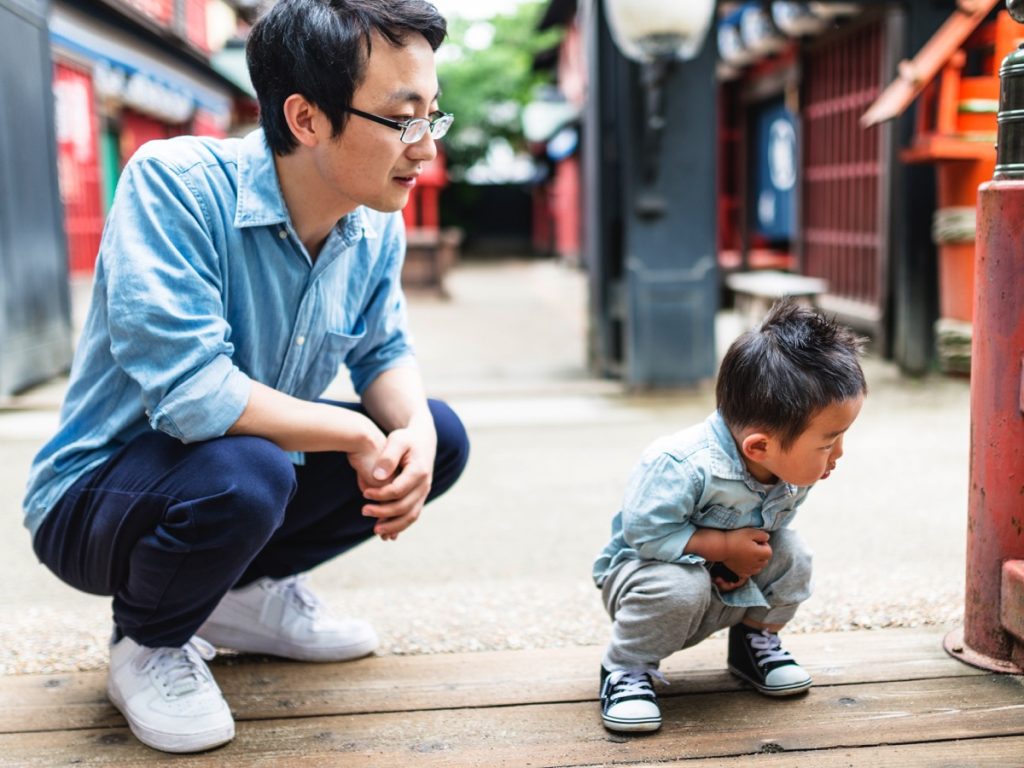
Babies are born with a daunting task ahead of them. Piece by piece, they have to figure out how the world works, who and what all the strange-looking things in their world are, and what to do with them. They do so by observing, looking for patterns, and then testing their hypotheses. And, as any parent who has picked up a spoon off the floor ten times in a row can tell you, babies like to test their theories over and over. Just like real scientists, they like to replicate their experiments.
From a very young age, children are capable of surprisingly sophisticated thinking. Even young children are capable of mathematical and scientific reasoning in some form. Every child wants to understand what things are, how they work, and why things happen the way they do. In this way, children are like scientists. Children make observations about the world and run experiments to try and figure things out. And just like scientists, children ask a lot of questions. Preschool-aged children ask an average of 107 questions per hour. By the time they reach age 5, children have asked around 20,000 questions.
-
- Scaffolding
- the support a caregiver provides a child to help them achieve more than they would be able to accomplish on their own
- STEM
- (science, technology, engineering, math) a group of topics linked by a common focus and approach